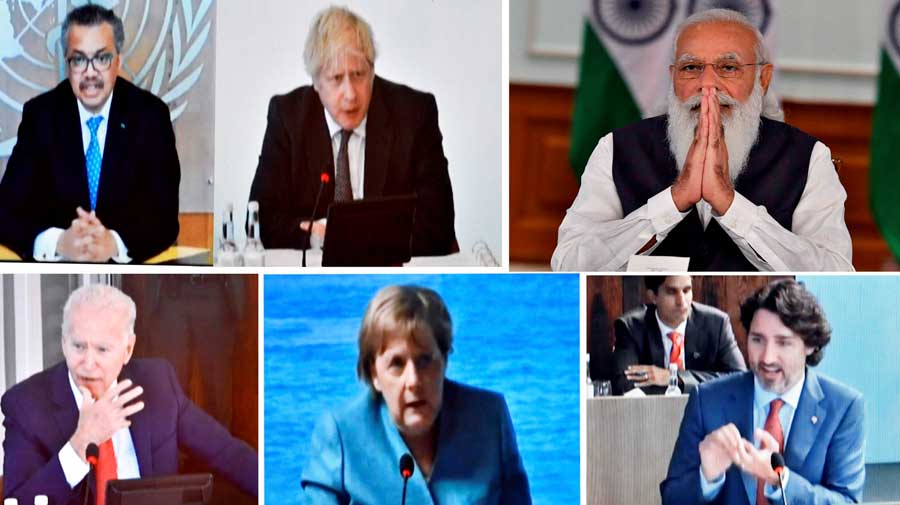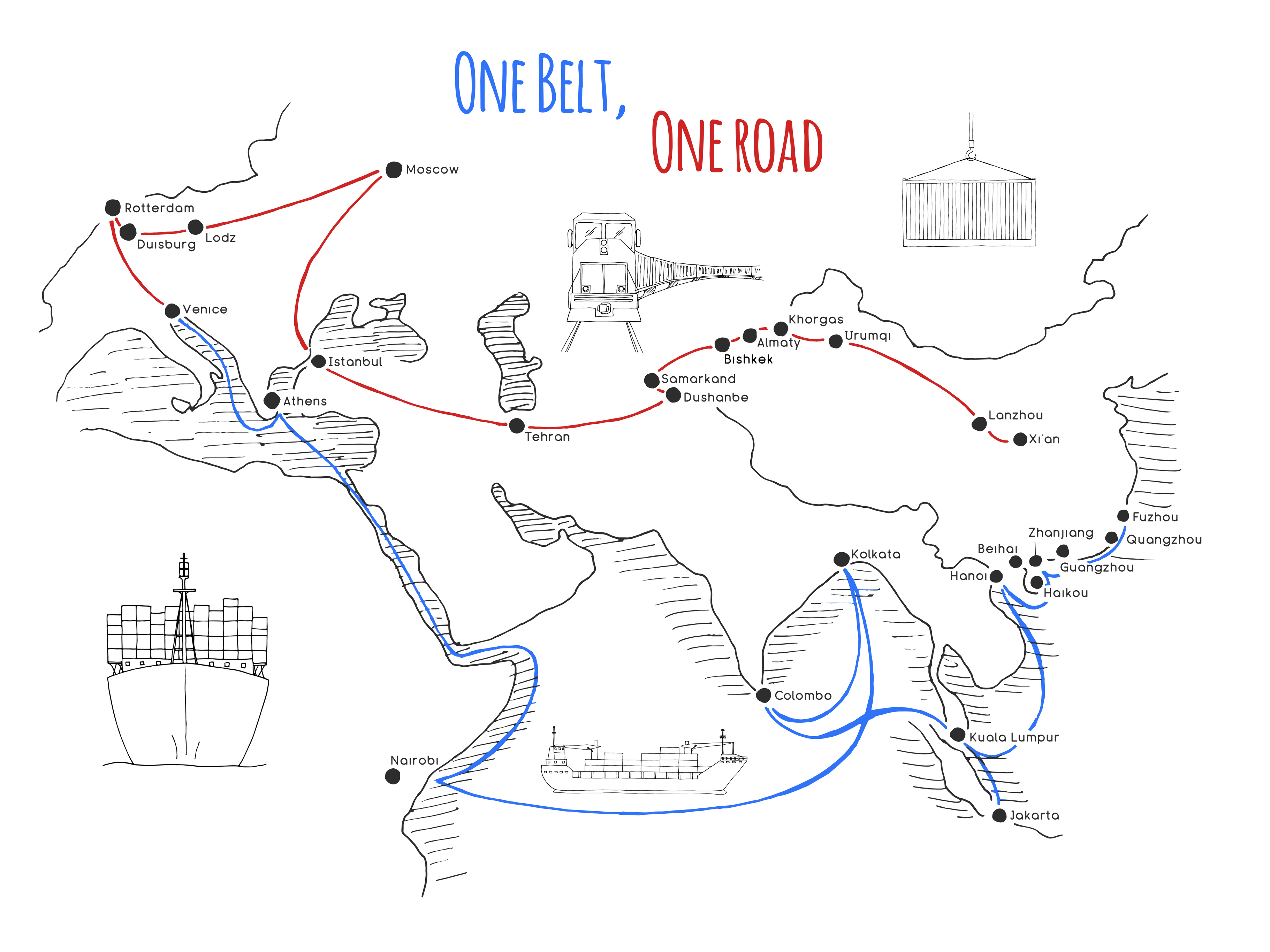India on Sunday remained non-committal on joining the US-led G7 plan to launch a “Build Back Better World (B3W)” project to meet the infrastructure needs of low and middle income countries as a counter to China’s Belt and Road Initiative (BRI) through which Beijing is expanding its footprint across the world.
While projecting India’s participation in the G7 meeting as a guest country to be a recognition of the vital role New Delhi “plays and must continue to play in global decision-making and responding to global challenges”, the external affairs ministry was guarded in its response to questions on whether India welcomed B3W, what the government’s position was on it, and whether the country would participate in the new initiative.
Responding to these questions together in general, additional secretary (economic relations) in the external affairs ministry P. Harish said: “The Prime Minister emphasised that democracies should demonstrate that we can deliver on project implementation within the country and outside. He referred to India’s experience in neighbouring countries, in Africa and those countries that fall within the framework of our development partnership.
“The Prime Minister also indicated that India stands ready to do more in this regard.… On the specifics of the B3W proposals put forth, relevant agencies of the government of India would study them and engage with them as appropriate at a later stage.”
Asked if Prime Minister Narendra Modi — who participated in the summit on the G7 outreach segment via videoconference — raised the issue of Chinese aggression given that containing China was one of the major issues on the agenda, Harish said he did not, pointing out that the three sessions in which Modi took part dealt with other issues — health, environment and open societies.
As per a White House fact sheet, the B3W is a “values-driven, high-standard and transparent infrastructure partnership led by major democracies to help narrow the $40+ trillion infrastructure need in the developing world, which has been exacerbated by the Covid-19 pandemic”.
The fact sheet added: “Through B3W, the G7 and other like-minded partners will coordinate in mobilising private-sector capital in four areas of focus — climate, health and health security, digital technology, and gender equity and equality — with catalytic investments from our respective development finance institutions.”
This apart, additional secretary Harish said there was “widespread support” at the meeting in Cornwall, UK, for text-based negotiations on the India-South Africa proposal for a Trips (Trade-Related Aspects of Intellectual Property Rights) waiver for Covid vaccines at the World Trade Organisation. The US and Brics countries have already backed this proposal. Harish said Australia — which was also a guest country at this year’s G7 — backed the proposal.
Harish said India would remain engaged with the G7 and guest partners on all major global issues — health governance and access to vaccines, climate action and climate justice, diversification of supply chains and building economic resilience.











